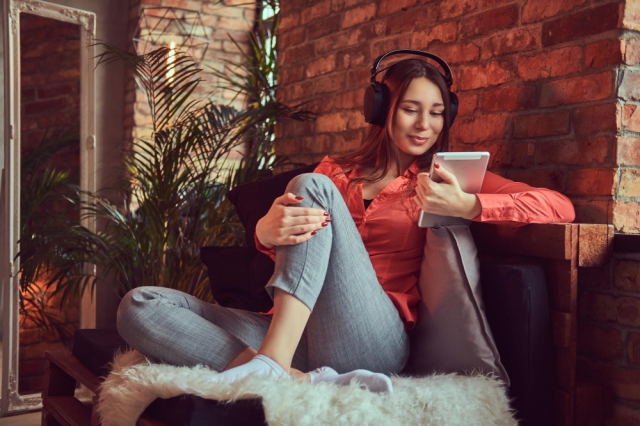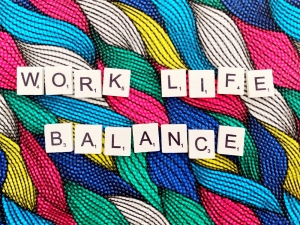Introduction
Do you know what a well-spent day feels like? It is a day when you are productive at work, spend time with your family, complete your chores, and dedicate some time to a hobby.
Yeah, that is a good life. However, in the rush of life and the insecurities that arise from different aspects of our lifestyle, we begin to lose our sense of happiness. As a result, our mental health is affected, and we often do not know what to do.
That is what hobbies are for. When everything you do feels like too much, engaging in a hobby can relieve you. This moment of rest helps you gain perspective and work toward practical solutions.
This blog post explores different types of hobbies and how they can help improve mental health. Keep reading to find out more.
Different Mental Health Benefits of Hobbies
All work and no play makes anyone dull—and possibly depressed. That is precisely what hobbies help prevent. They allow you to engage in activities that trigger a healthy dose of dopamine, reduce stress, and support long-term mental wellness. While professional help like rehab or counseling may offer structured treatment solutions, hobbies provide ongoing emotional support that complements those efforts.
If you have been wondering why it is essential to have a hobby, here are a few powerful reasons to help you understand their mental health benefits:
Reduced Stress
Engaging in leisure or spare time activities can significantly reduce stress levels. For example, one study revealed that cortisol levels—the hormone linked to stress—can decrease by up to 75% when you create art. Moreover, you do not have to be a professional artist to enjoy this benefit. The process itself is what helps you feel more relaxed and stress-free.
Enhanced Well-Being
According to a study conducted in New Zealand, participating in creative activities can improve overall well-being. In the study, participants who regularly engaged in creative hobbies reported a more positive mental state throughout their journey. Hobbies like these support emotional health, enhance cognitive function, and boost one's sense of self.
Better Social Connections
In addition to individual mental health benefits, people with artistic or hands-on hobbies often form stronger social connections. Hobbies provide a common ground for conversation and bonding. Talking about your hobby can lead to meaningful interactions and an improved sense of belonging, whether you are into painting, cooking, gardening, or crafting.
Also, multiple studies show that adults who participate in any form of sport or group physical activity are less likely to experience anxiety, stress, or depression.
5 Hobbies that Boost Happiness in Your Life
What are some hobbies you can try to improve your overall lifestyle? Here are five common hobbies worth exploring:
1. Journaling
Journaling is a great way to start your day with contentment. Writing in the early morning helps keep your mind fresh and focused throughout the day. It allows you to reflect on what matters and consider problems you want to solve. It is one of the best ways to organize your thoughts first thing in the morning.
No, you do not need to be poetic or artistic to journal. It is simply a process of writing your thoughts. You jot down what is on your mind and document your day—that is it. Journaling is a great way to reduce anxiety and gain clarity.
2. Cooking
Food has the power to elevate our mood. Imagine coming home to a warm bowl of chicken broth after a tough day—that is comforting. Now, imagine cooking it yourself. Yes, it requires effort, but cooking is a fantastic way to relieve stress after a long day.
The sound of boiling water, chopping vegetables, and preparing a meal is just as therapeutic as eating. Cooking offers a sense of calm and mindfulness that many other hobbies do not. Even simple tasks like washing dishes and putting them away can be grounding and relaxing.
3. Art
There are countless art forms, each with its unique process. Getting involved in any form of art—painting, sculpting, embroidery, drawing, woodworking—can be deeply calming. The creative focus helps soothe your mind and bring you into the present moment.
It does not have to be just painting or sketching—it could be both. It could also be simple woodworking, like carving the face of an owl. Whatever form of art you connect with, the mental health benefits are significant. Many counselors and mental health professionals use art therapy to help clients heal and express themselves.
4. Music
Music is a therapy in itself. Whether you enjoy creating music or simply listening to your favorite artist's latest EP, both can be powerful tools for relieving stress. Many therapists incorporate music into their treatment plans because of its effectiveness.
Playing an instrument, singing, or composing gives you a sense of enjoyment and accomplishment. Musicians often live in a creative realm, and that escape can be incredibly healing.
Of course, not everyone is a musician—and that is okay. As a listener, you can still experience music's powerful effects. Plug in your earphones and let the melodies shift your mood. Listening to music can boost your mood, reduce stress, and bring emotional comfort, just like creating it.
5. Reading
Reading is the ultimate escape from reality. While watching a film is one form of entertainment, reading immerses you in a world built entirely from your imagination, using words as the foundation.
Reading expands your perspective, sharpens your mind, builds a sense of accomplishment, and eases anxiety. It can also distract you from intrusive thoughts, improve focus, and even lower your heart rate, helping you feel more grounded and centered.






